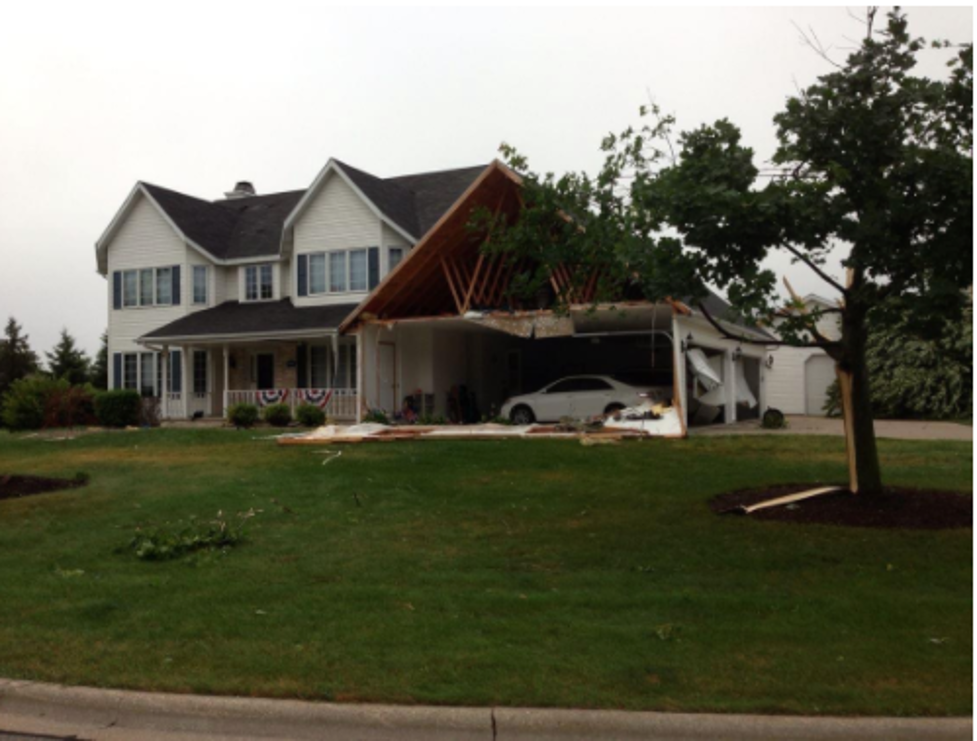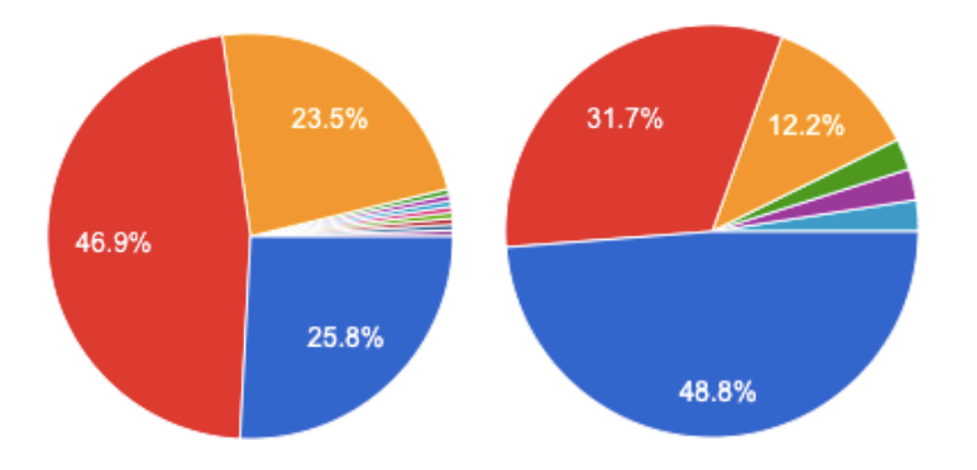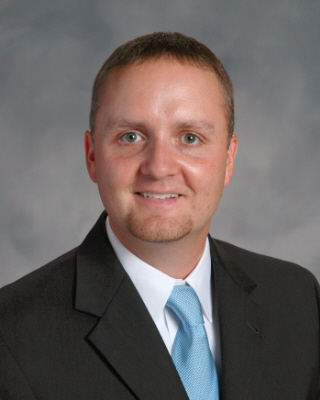On Tuesday, August 6, 2013, my family, my parents, my sister, and her family spent a wonderful day together at the Wisconsin State Fair in Milwaukee. It was a beautiful day, sunny and warm. That night we got home around 8:00 p.m. Our children (ages 1 and 4) had fallen asleep on the way home. We put them in their beds, and my wife and I went to bed soon after—all tired from a long day. That night, around 1:00 a.m., our house was hit by a tornado.

Our life changed that night. While thankfully we were safe and managed to get into the basement when it hit, the tornado caused over $70,000 in damage to our house and yard, and it took us over a year to put everything back together.
Going through an experience like that changes your perspective. It upends your short-term plans. It alters your long-term views. However, and most importantly, we survived and were able to rebuild. In fact, we took from that difficult experience several opportunities that improved our lives. We were reminded about the importance of family and the importance of life. We were humbled by the seemingly limitless giving and support of families and friends who rallied to help us. And even from a tangible perspective, we took that opportunity to change some things with our house, building back better—adding a bonus room and two bedrooms to our home, something we would have never done had we not faced the “difficulty” of that tornado and its aftermath, yet it provided us an “opportunity.”
On Thursday, March 12, 2020, I went to work, ready to face another busy spring day as a high school administrator. Little did I know, that in a matter of an hour of arriving, I was going to be called to an all-afternoon, all-district administrative meeting that was going to result in us being informed that due to the COVID-19 virus, all of our district’s schools were going to be closing in the matter of a few school days for an unknown amount of time. At 6:30 a.m. that Friday morning, we held an emergency all-staff meeting in our school library where we delivered the news and what we knew at that time (which was little) to our entire faculty and staff. We were facing an unknown “difficulty,” something that none of us had ever experienced, and with no known “opportunity” in sight.
Since that day, our school, district, and community has been struggling through this “difficulty,” trying to navigate this once-in-a-generation global pandemic. A “difficulty” that has taken the lives of more than 400,000 Americans and caused untold damage to our families, economy, nation’s system, ways of life—and, for me—my profession, public education, and our students. Clearly, this has been a “difficulty” that has had and will continue to have a significant impact.
However, I wonder out of this “difficulty,” what “opportunities” will present themselves to us? While none of us wanted COVID-19, as an educator, I wonder what we can learn from it. What can we take away from what we have had to do over the past months? What long-standing practices or beliefs have changed or ended because of this pandemic? What new approaches or systems that we have created have actually led to improvements that will hold well after COVID-19 is gone?
To illustrate this point, I will provide you with one example of an “opportunity” that has presented itself to us from the “difficulty” of this pandemic education experience—all-virtual parent-teacher conferences. While COVID-19 forced us to cancel our traditional, in-person nights of parent-teacher conferences, we knew the positive benefits that these conferences brought to our students, their families, our teachers, and our school. Cancelling was not an option, but doing the conferences as we always had done them was also not an option. Therefore, like so many things this year, we had to be creative and develop a whole new virtual way of doing parent-teacher conferences. We brainstormed options. We leaned on each other and leveraged our expertise and knowledge. We established a framework of how we could organize and run the conferences through Google Meets and our learning management system. We created a series of how-to videos for our teachers and our families on how they would participate. Then we crossed our fingers—and did it.
Much to our surprise, our “all-virtual” parent-teacher conferences were highly successful. We experienced higher attendance than we have had in previous years, which is especially significant, given our school’s traditional high parent participation rate. Our staff and parents overwhelmingly gave us positive feedback—91 percent of our parents said the communication and “training” on how to do these all-new virtual conferences were well done and helpful, and 97.6 percent of our parents reported they enjoyed the conferences, found they were valuable, and were glad that they attended.
Most interestingly, when asked about the “opportunity” that the pandemic presented by forcing us to hold all-virtual parent-teacher conferences, both our staff and parents gave strong feedback about what they wanted to see moving forward. Among parents, 46.9 percent want a combination of in-person and virtual conferences, 25.8 percent want all-virtual, and 23.5 percent want all in-person. Among staff, 48.8 percent want all-virtual conferences, 31.7 percent want a combination, and 12.2 percent want all in-person. In both groups, the way we had “always” done parent-teacher conferences was the least popular option. And this new, different, crazy, never-done way of doing parent-teacher conferences was most popular among our teachers and was desired, at least in combination, by over two-thirds of our parents. (Please note that I am not necessarily advocating for or against all virtual parent-teacher conferences—just an example to illustrate the potential.)

Ask yourself, if you had suggested, perhaps two, three, or more years ago, that you thought your school should conduct all-virtual parent-teacher conferences, what kind of response would you have gotten? What would people have had said? Would people have thought they could do it? Would they think they would find it better or preferred it more? Or would you have even thought to suggest it in the first place? More importantly, what other things that we have always or traditionally done have been different this year? What new “opportunities” are now available to us and should be pursued moving forward?
As an educational leader/educator, we have an obligation to take significant time at some point when this pandemic year of education is past us to thoroughly review and reflect on this year. To challenge our previous thinking and practices. To openly consider things we have done this year—largely out of necessity—to see if we should continue doing them moving forward. To identify those things we couldn’t do this year that we need to bring back again. To identify the pros and cons of changing and the pros and cons of returning. All to ensure that we are in a better, stronger place coming out of this year than we were when we went in.
My family learned in the summer of 2013—and we are all learning right now through this year of remote and hybrid education—that as Albert Einstein said, “In the middle of difficulty lies opportunity.” Have the faith and strength that you will get through the “difficulty” and have the wisdom and determination to use the “opportunity.”


1 Comment
Paul,
I must commend you on your perseverance. It takes someone with great vision and determination to see the opportunities that arise with chaos.
A great piece.
Anastasios Koularmanis